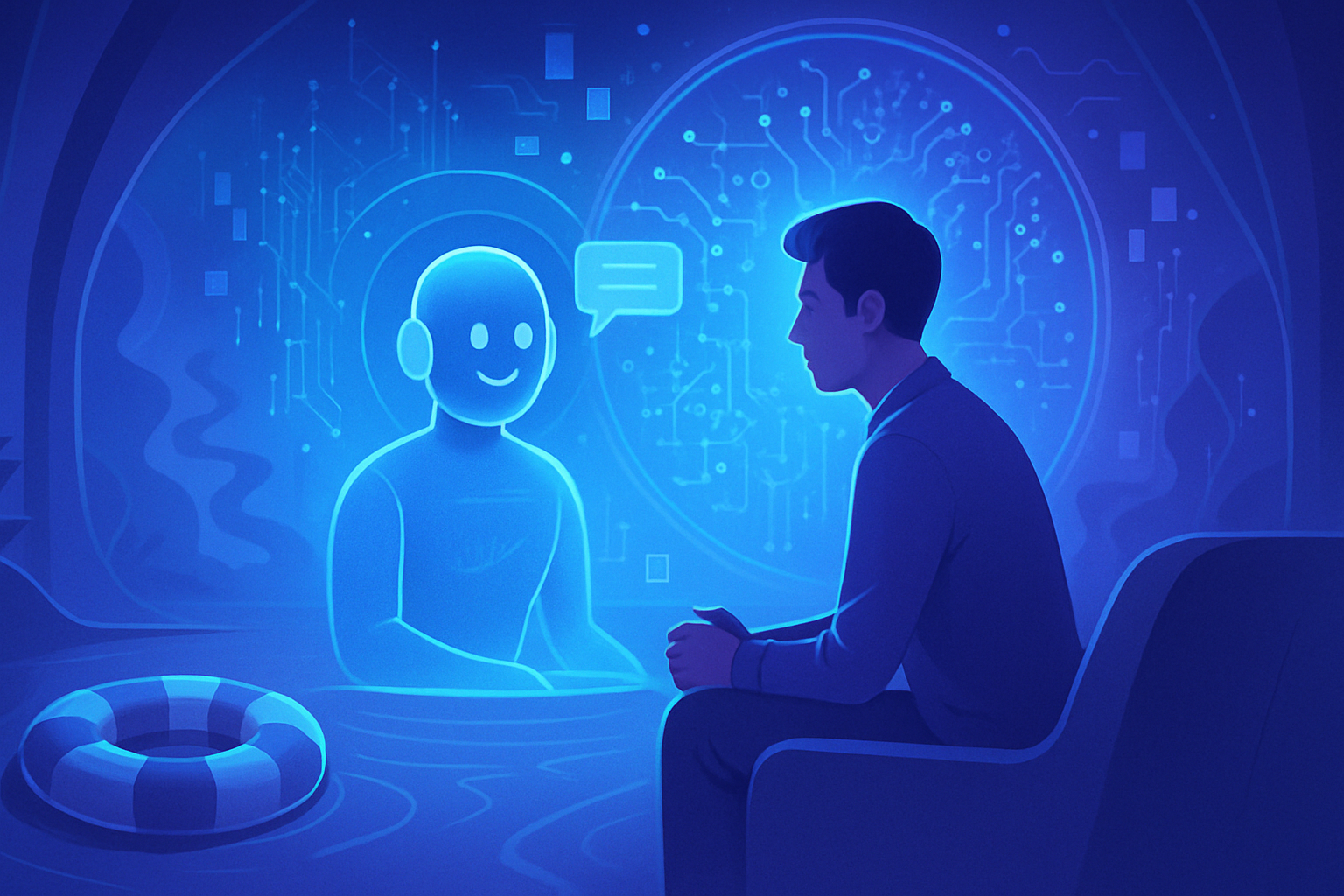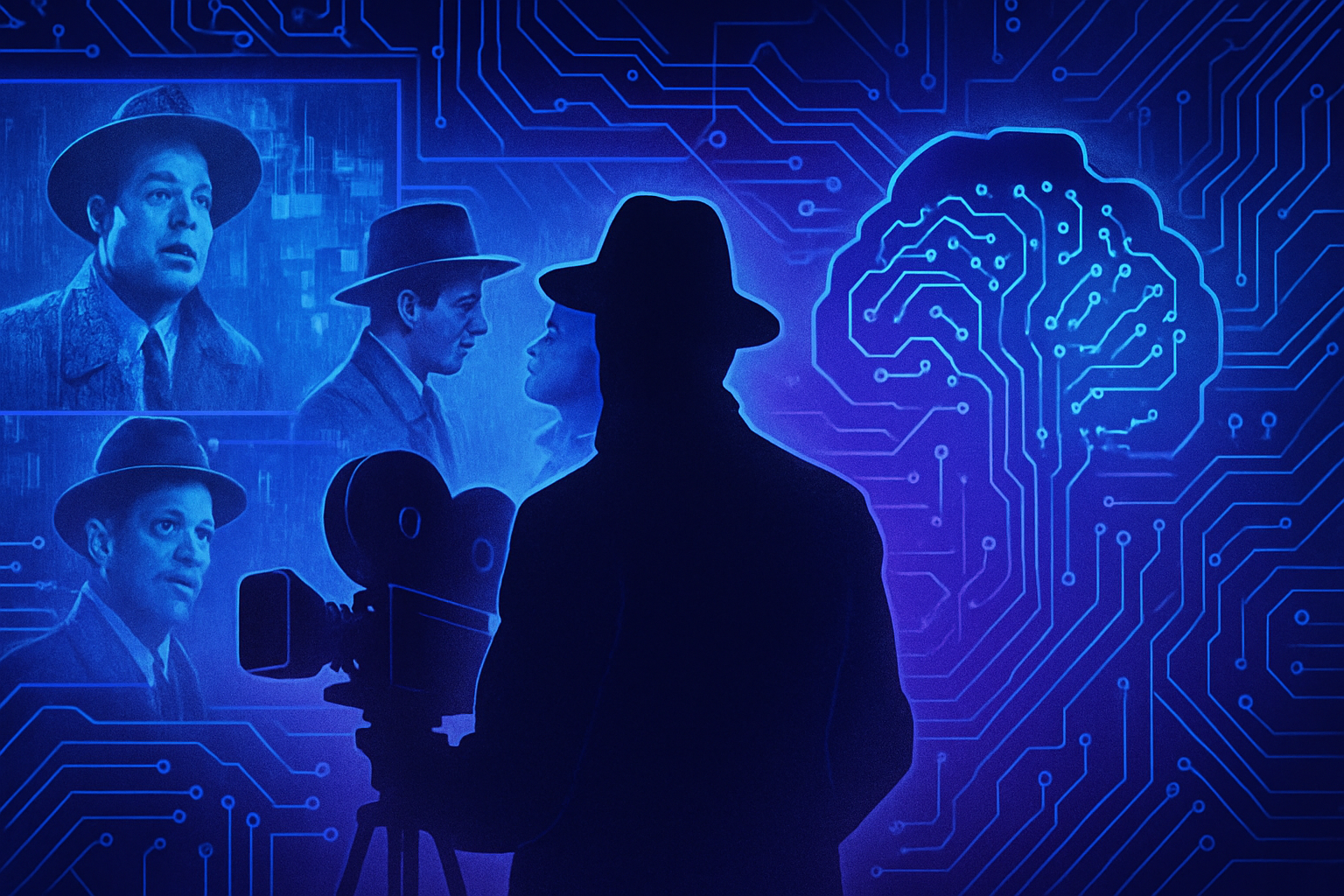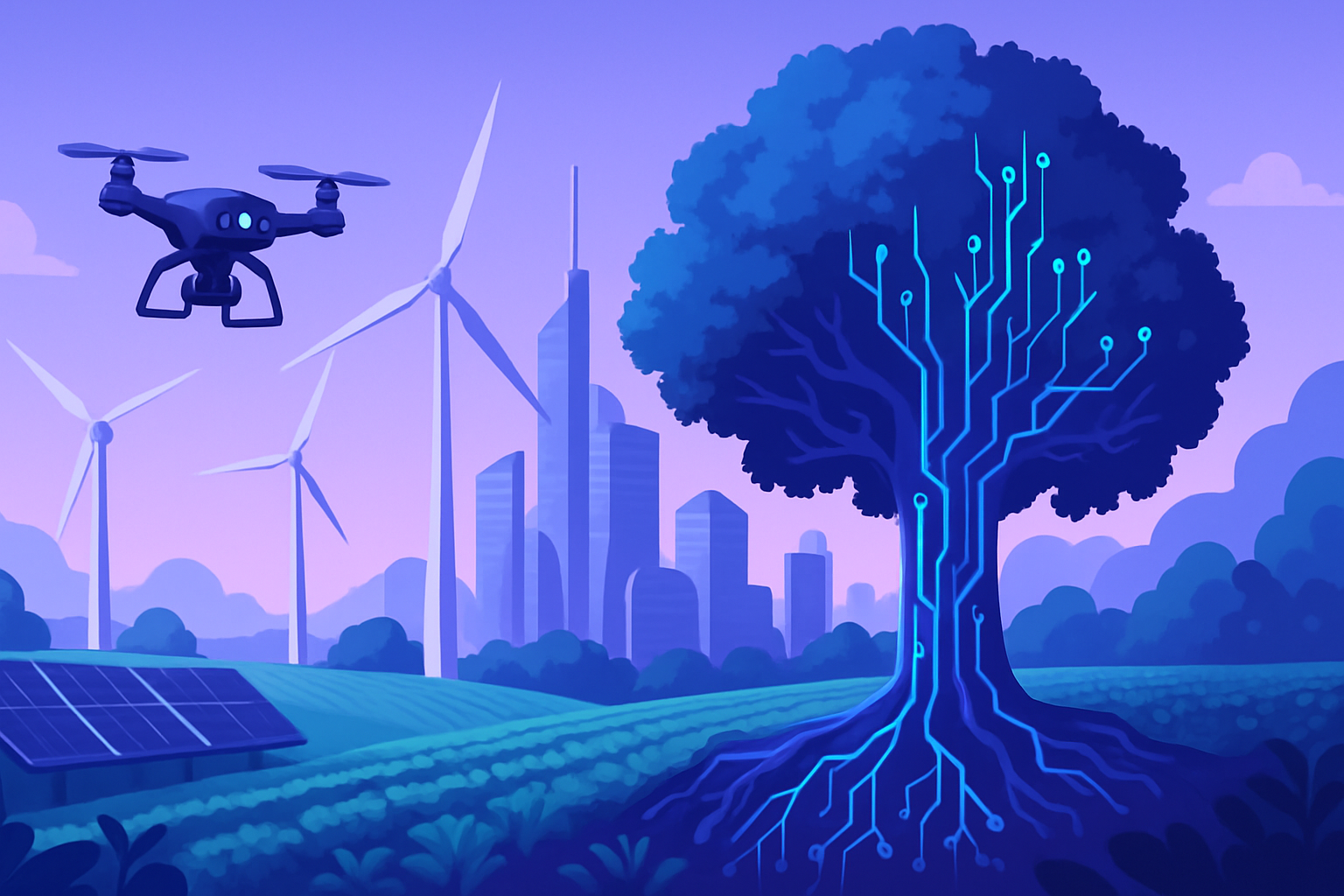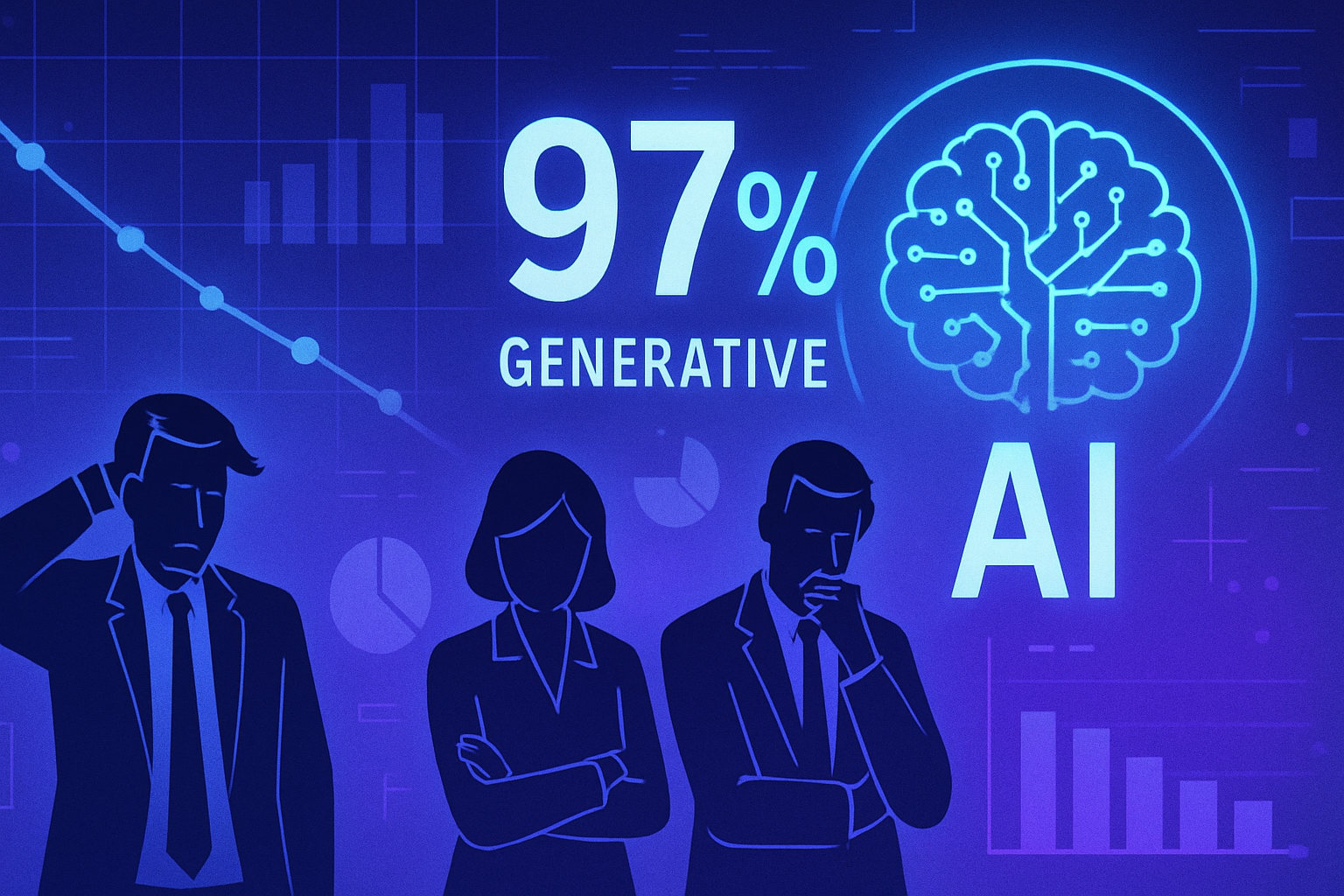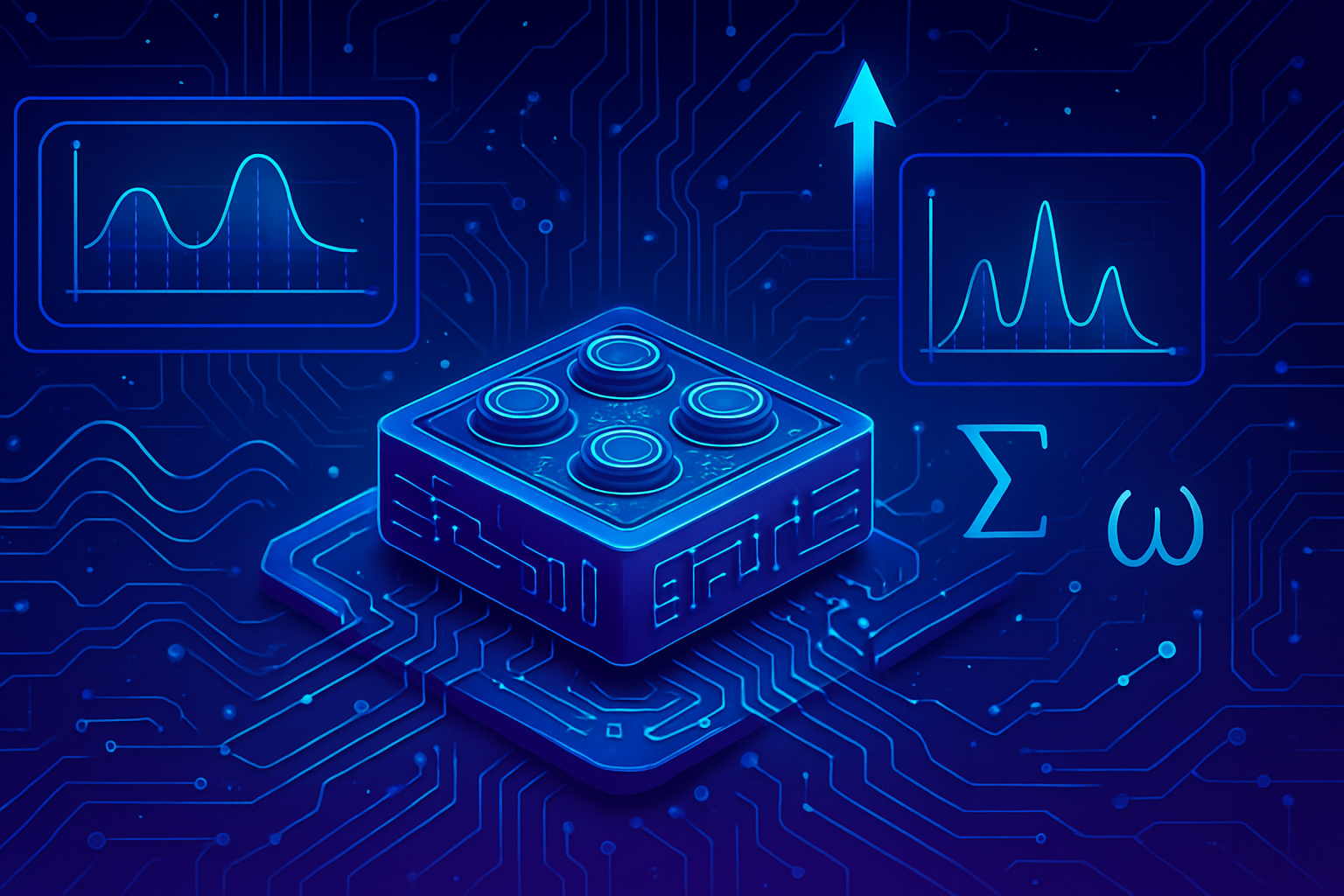The rise of generative AI in therapy is generating increasing interest, but it also hides unsuspected risks. Using a chatbot to deliberate on one’s emotions can harm the authenticity of interpersonal exchanges. *The quest for certainty*, driven by a context of vulnerability, can turn into a pathological dependence rather than true support. A reflection on this paradox is necessary as the use of digital tools becomes more popular in the psychological field.
Generative AI as a Therapeutic Alternative
The rising popularity of generative AI tools, such as ChatGPT, reveals a new trend in therapeutic approaches. Under pressure, individuals seek comfort in this technology, believing they can benefit from accessible and immediate support. This relentless reliance may mask a search for certainty through preformatted responses, thus hindering the true process of personal growth.
The Risks of Dependency on Chatbots
Diverse cases, such as that of Tran, reveal the dangers of excessive dependence on chatbots to navigate emotionally charged situations. The need to submit questions or concerns to artificial intelligences that can offer a clear and soothing response pushes users to neglect the importance of introspection. Users thus find themselves outsourcing their emotional processing, abandoning the responsibility for their feelings and the depth of authentic human interactions.
Ethics and Confidentiality at Risk
The ethical issues surrounding the use of generative AI in psychological contexts raise serious questions. Unlike a duly registered therapist, a chatbot does not guarantee the confidentiality of shared information. Users, often poorly informed about the terms of use, may be unaware that their statements can be stored or analyzed for various purposes. This dynamic is alarming, as it can harm the psychological safety necessary in the context of therapy.
Inadequacy of Responses and AI Biases
Language models, although sophisticated, exhibit significant gaps. Their autoregressive nature makes them susceptible to hallucinations, where confidently formulated responses turn out to be completely inaccurate. These inaccuracies can severely harm those seeking a sincere understanding of their experiences. Moreover, biases stemming from training data occasionally reinforce harmful stereotypes, preventing truly neutral assistance.
The Importance of Human Connection in Therapy
A good therapist plays a fundamental role in the therapeutic relationship, providing invaluable support through empathy and active listening. The success of therapy sessions relies on the ability to recognize emotional nuances, often absent in AI responses. The interpersonal relationship fosters a conducive space for the experimentation of emotions, self-awareness, and learning to manage internal conflicts.
Toward a Balanced Use of AI
Despite all these dangers, generative AI can play a positive role by complementing traditional therapeutic approaches. It could offer useful summaries or psychoeducational content, but it must be used judiciously and should never replace the human connection required for effective care. A pragmatic approach would involve limiting its use to avoid substituting authentic interactions with mechanical exchanges.
Path to Authenticity
Tran’s journey in therapy has been marked by a return to authenticity. By developing his own responses, without the polished wrap of a chatbot, he began to explore his true feelings. Learning to tolerate uncertainty and embrace emotional complexity has been fundamental to his process. This journey illustrates the importance of cultivating a personal voice, resonating with one’s own experiences, rather than seeking a perfect answer delivered by a machine.
Resources and Advances in Therapy
Emerging initiatives aim to intelligently integrate AI into psychological care. For example, research on genetic editing therapy could transform the landscape of medicine while remaining in synergy with human support. Other tools, emerging in innovation, aim to enrich practices while emphasizing the necessity of human intervention. Thus, rational engineering approaches pave the way for mental well-being by ensuring a delicate balance.
Frequently Asked Questions about the Use of Generative AI in Therapy
How can generative AI help in a therapeutic context?
Generative AI can provide immediate support by offering advice and personalized responses to emotional questions, thus facilitating quick reflection on immediate concerns.
What are the risks associated with using a chatbot like ChatGPT in therapy?
The main risks include excessive dependence on automated responses, lack of confidentiality, and the possibility of receiving inaccurate information or inappropriate advice. This can harm the therapeutic process.
How can I establish healthy boundaries in my use of a chatbot for emotional support?
It is important to set specific times to use the AI, not to rely solely on its responses, and to discuss its use with a mental health professional to balance perspectives.
What differentiates the support of a human therapist from that of a chatbot?
A human therapist offers empathetic listening, clinical skills, non-verbal emotional assessment, and relational support that cannot be replicated by a machine.
Why do some people become dependent on chatbots for emotional advice?
The ease of access, anonymity, and speed of responses can make it an appealing option, especially in moments of crisis when the individual is desperately seeking answers and a sense of safety.
What types of issues should never be addressed with generative AI?
Serious issues such as suicidal crises, severe mental health disorders, or situations of abuse require human intervention and should not be treated solely through a chatbot.
How can generative AI misguide the treatment of psychological issues?
It can reinforce dysfunctional behaviors, such as excessive reassurance-seeking, and prevent the individual from learning to manage discomfort, thereby limiting the development of healthy coping skills.
What advice would you give to someone considering using a chatbot for emotional issues?
Inform yourself about the limitations of AI, establish a balance with professional treatment, and use the chatbot as a complementary tool rather than a substitute for human support.
Can generative AI contribute to a better understanding of emotions?
It can provide insights and suggestions, but a deep and nuanced understanding of emotions requires personal exploration and sustained dialogue with a therapist.
